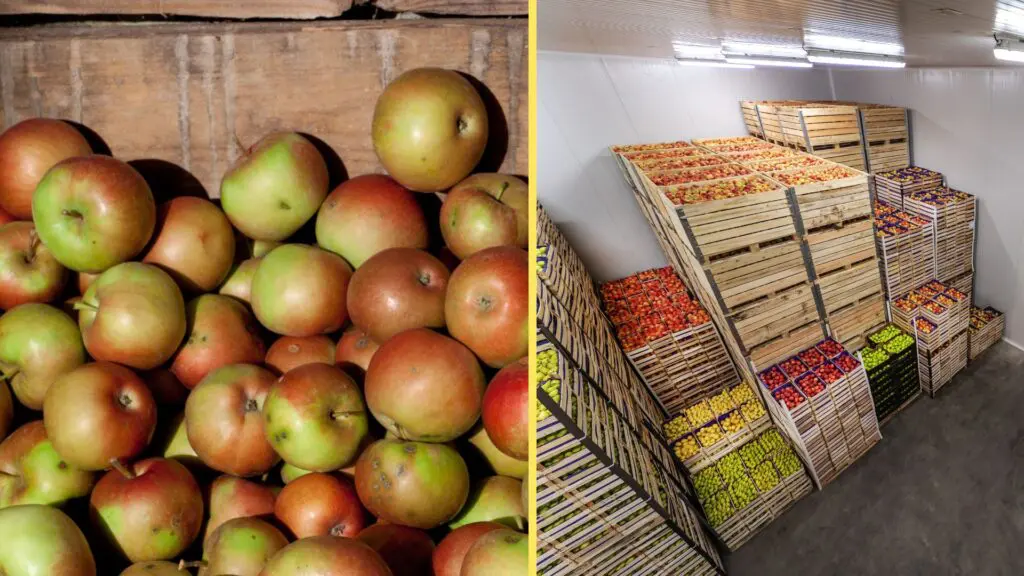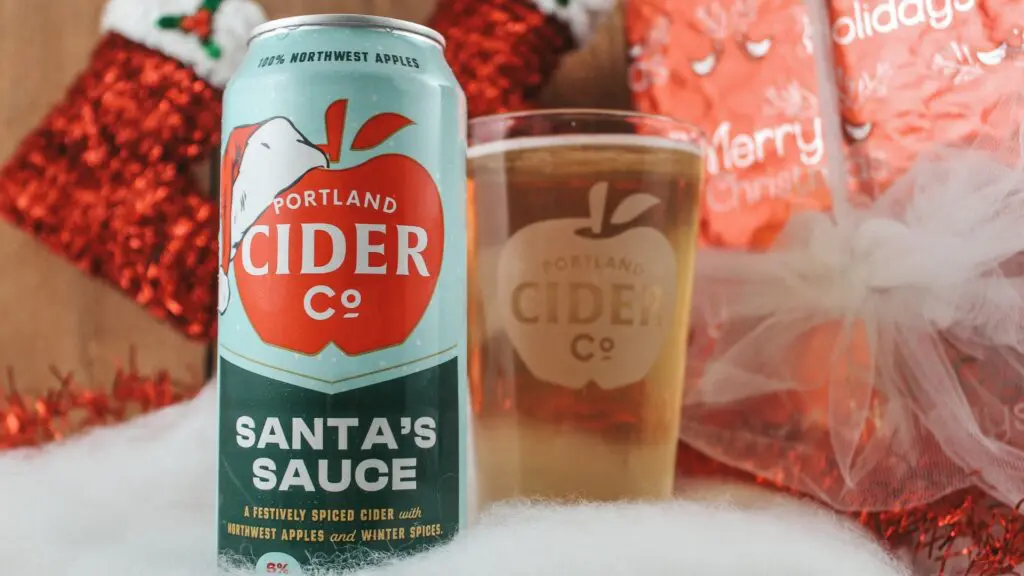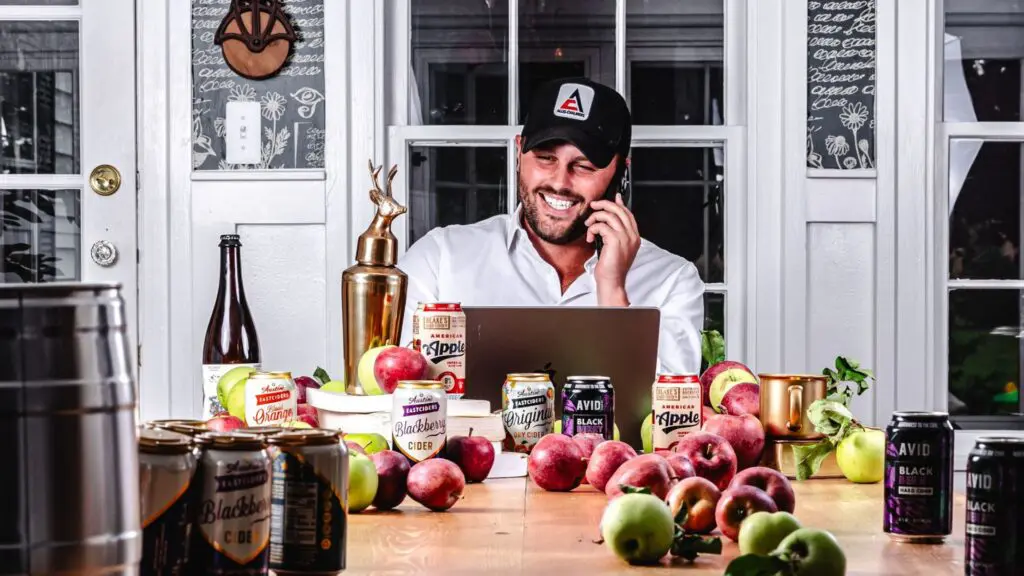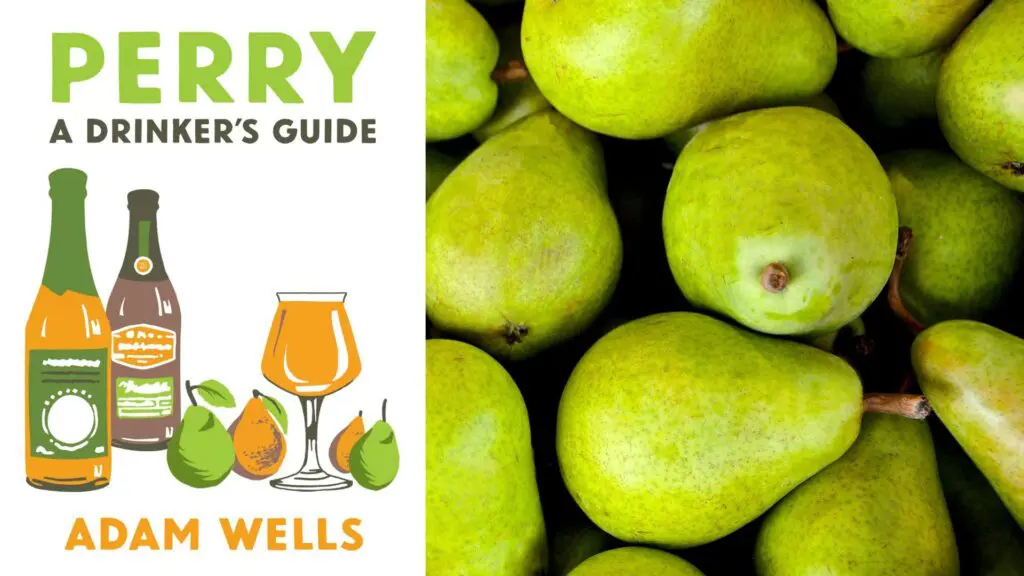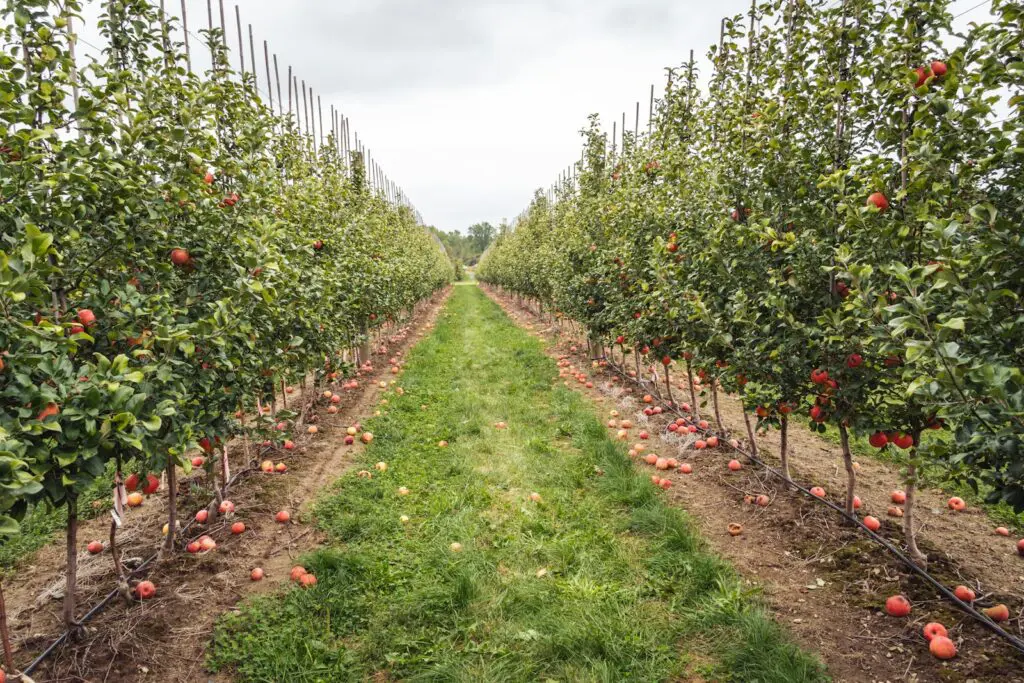I’ve been importing cider for the last three years. It’s not a business I intended to start; instead it was instead born out of necessity. Three years has been a very long time, a journey fraught with a lot more bad timing, bad decisions and bad advice. And while I absolutely love what I do, I have also lost count of the times I’ve found myself cursing, “Why did I have to learn this the hard way? Why couldn’t I have known this then?”
I imagine it’s the same with any business owner. It’s also the reason why I posed this specific question to a trio of cidermakers, with the intent of comparing similarities and differences between creators of our favorite drink. That question is:
What’s a “I wish I would have known then…” piece of advice you can share with aspiring cidermakers and others interested in the cider business?
Kolin Leishman, Director of Sales and Marketing | Bull Run Cider, Forest Grove, Ore.
The importance of understanding distribution; how it works, what a good distributor relationship looks like and how to optimize it. These are things I wish I had a better understanding of before launching my cider business. If you want to sell your cider outside of your tasting room, distributors are the gatekeepers. They have established relationships with retail stores, bars and restaurants. We’ve found the relationship you develop with your local distributor is essential to building success.
We work with arguably the best distributor in our state, Day One. They hand sell our cider and provide us valuable feedback from the market regularly. We take that feedback and use it to develop interesting ciders that meet our market’s needs. Case in point: when we put out a limited release of our Cherry Blush in the spring, they gave us the feedback we needed to release it in a larger quantity with great confidence.
Jamie LeDoux, Head Cidermaker | Common Ground Ciderworks, North Brookfield, Mass.
What do I wish I knew then that I know now? Every batch of cider is different, even if you use the same yeast strand.
One piece of advice: Keep learning and learn everything you can about cider and making cider. It’s an amazing and rewarding field that’s constantly growing and there are so many possibilities and flavor profiles you can do.
Andy Hannas, Head Cidermaker | Potter’s Craft Cider, Charlottesville, Va.
I wish I had known earlier in my cidermaking career about the true value of patience. Given my previous career in restaurant kitchens, my brain has always been so focused on instant gratification. Get the job done, clear the board, mop the floor, go home, sleep, do it all over again tomorrow, yes chef!
Once my interests expanded into making beer at home and fermenting pickles, sauerkraut and sausages at work, I had to accept pretty quickly that the passage of time is a major part of the process for some of life’s finer pleasures. My initial approach to the cider cellar was at the frenetic pace of a chef and too focused on a calendar rather than my palate. Fermentation is a preservation technique, let it run its natural course all the way through and you will be rewarded not just with a delicious product but also something that will last for years on the shelf.
Lee Reeve is the owner-operator of inCiderJapan G.K. (www.inciderjapan.com), an importer/distributor, retailer, and producer of cider and cider-related goods. He is also the publisher of inCiderJapan, Asia’s first and only bilingual magazine dedicated to all things cider.
Lee Reeve can be reached at [email protected].


